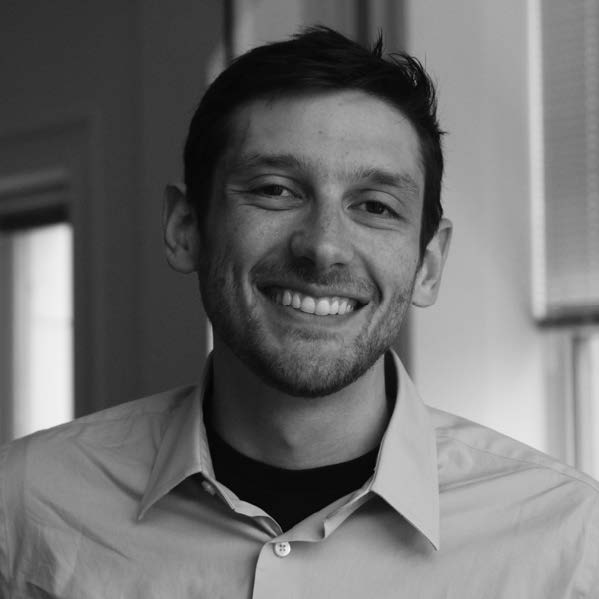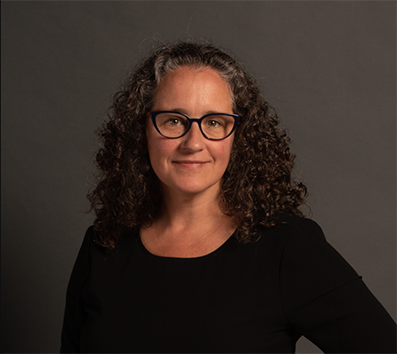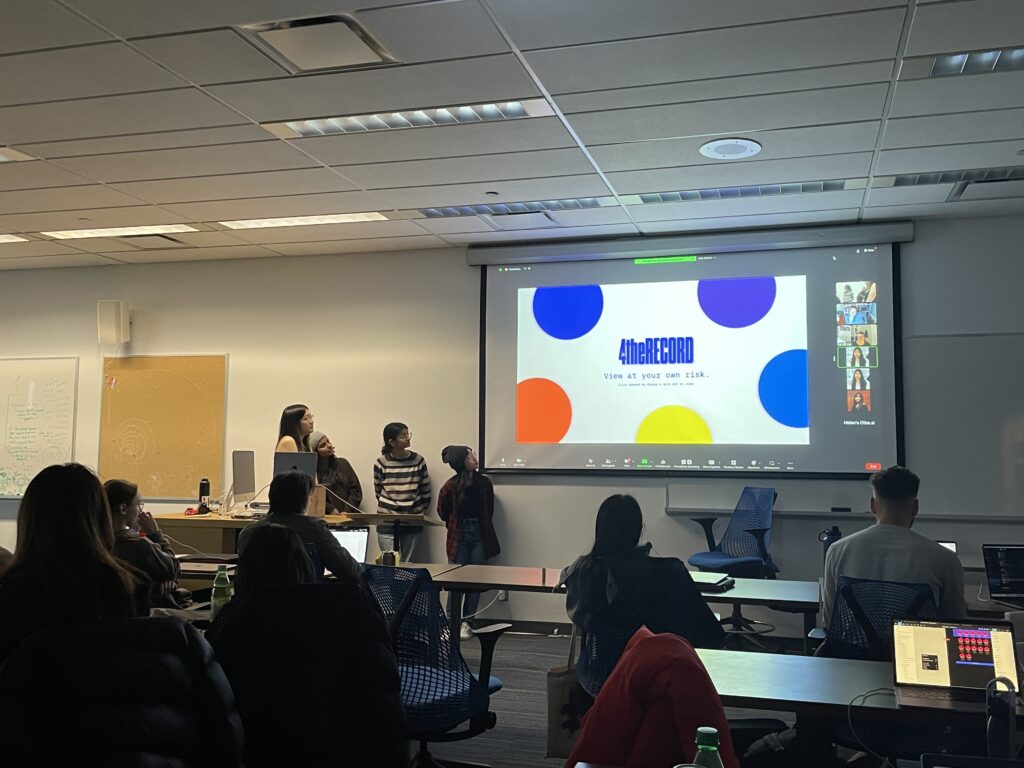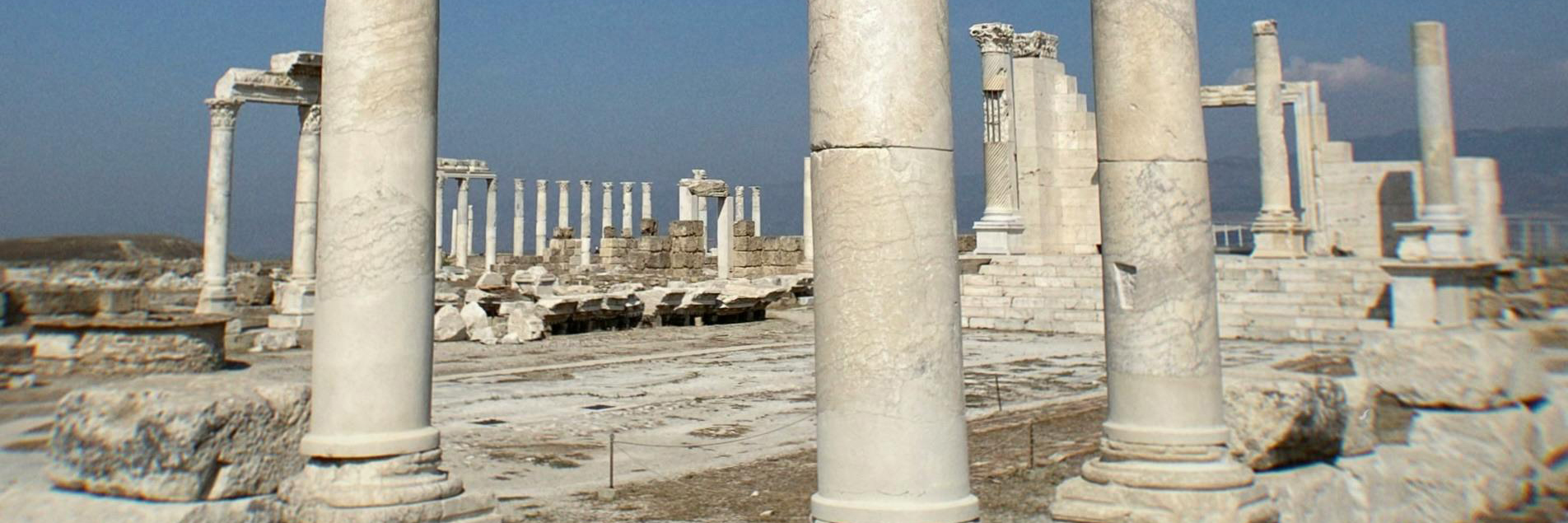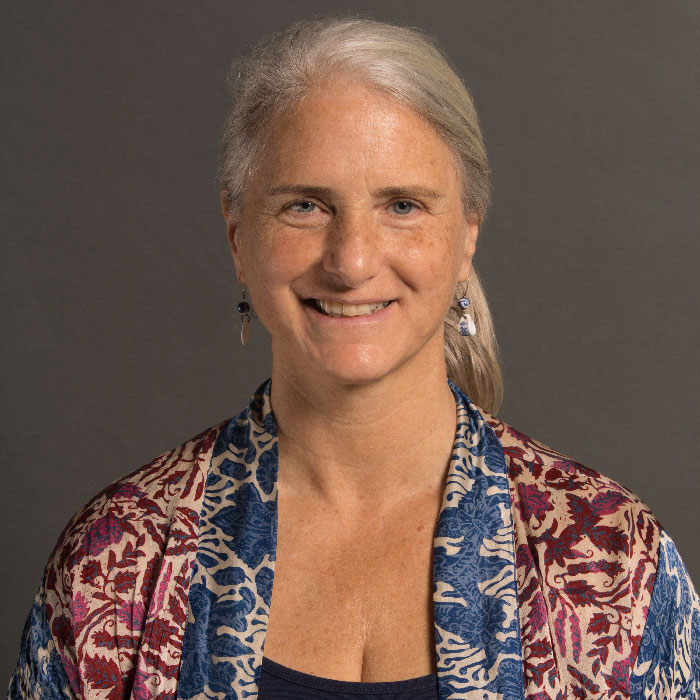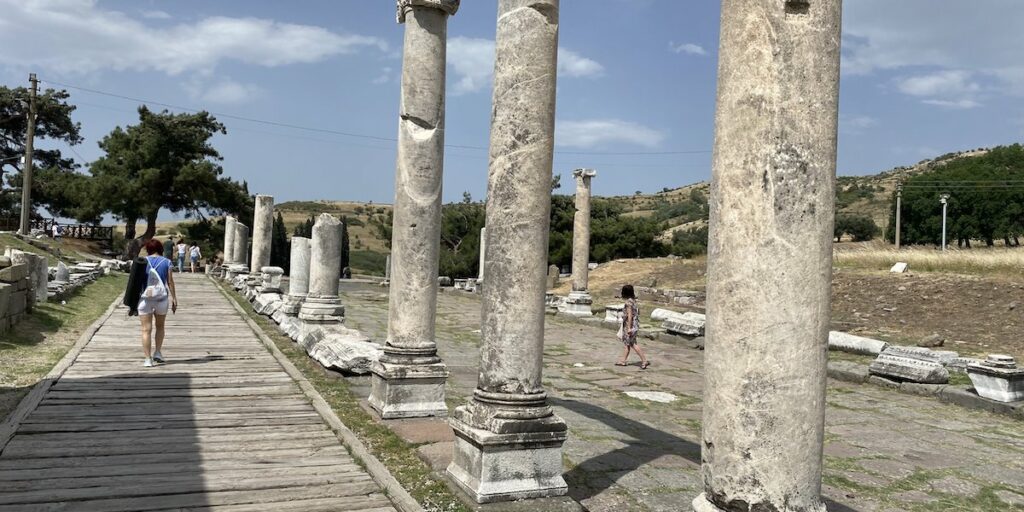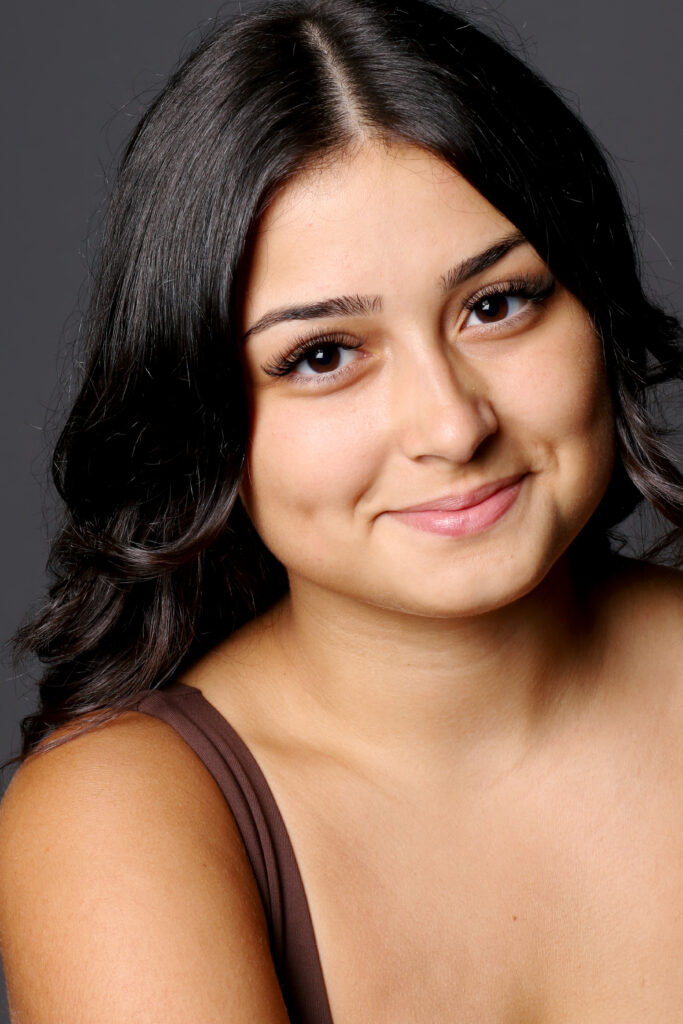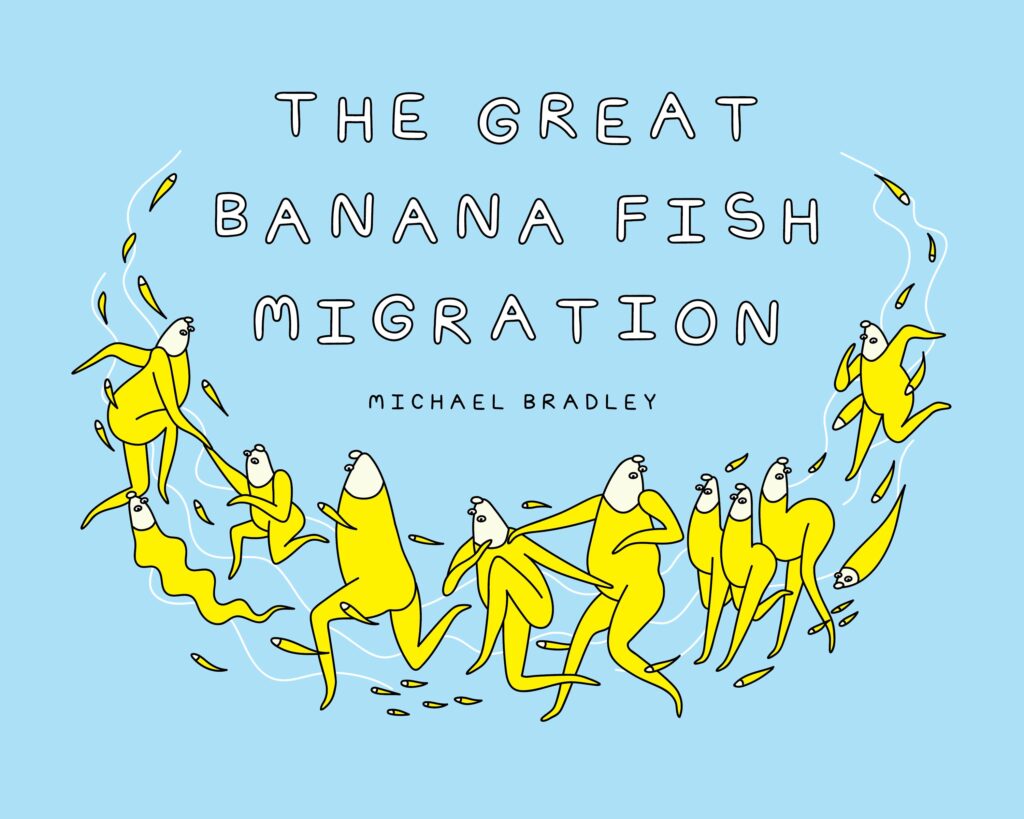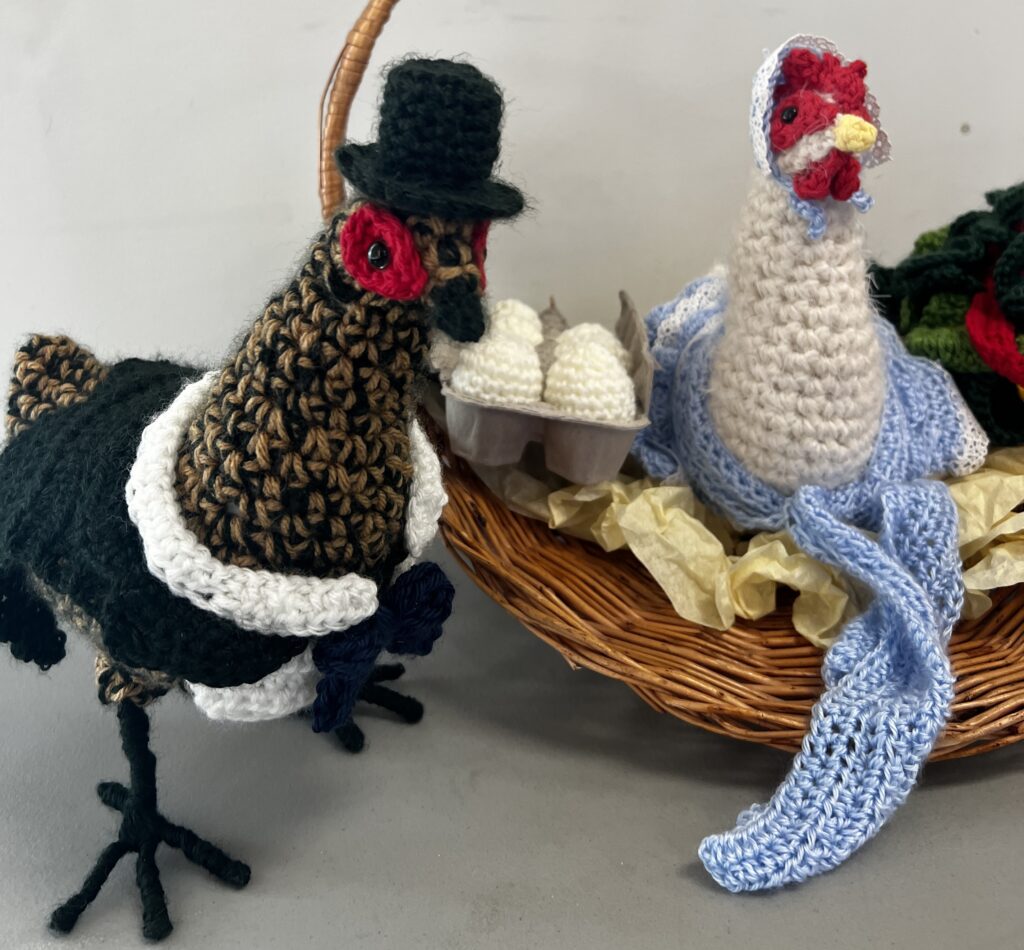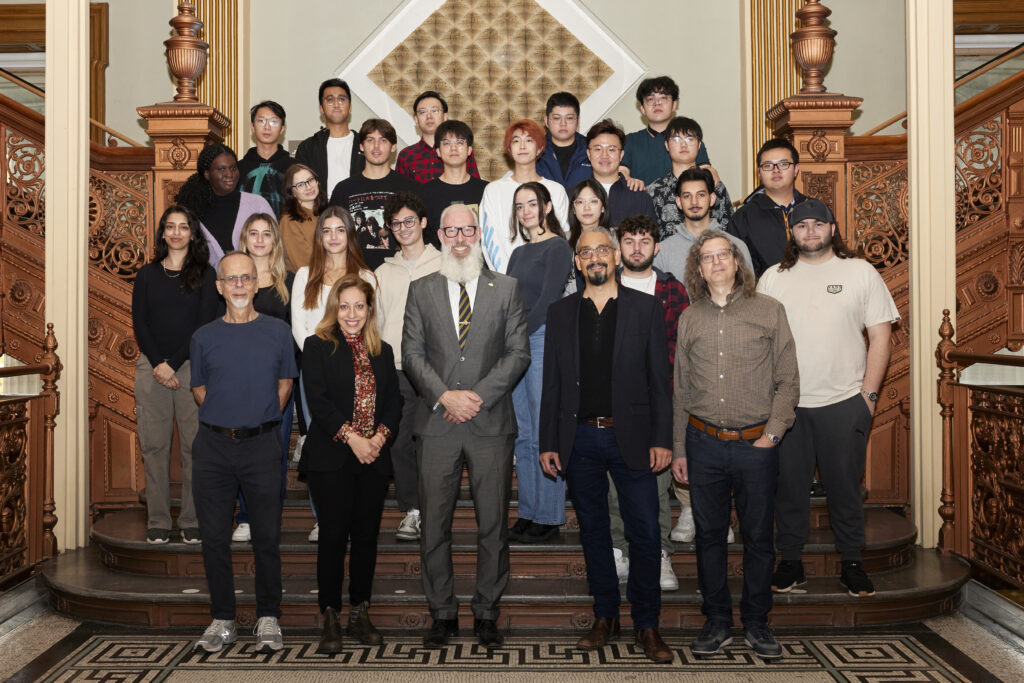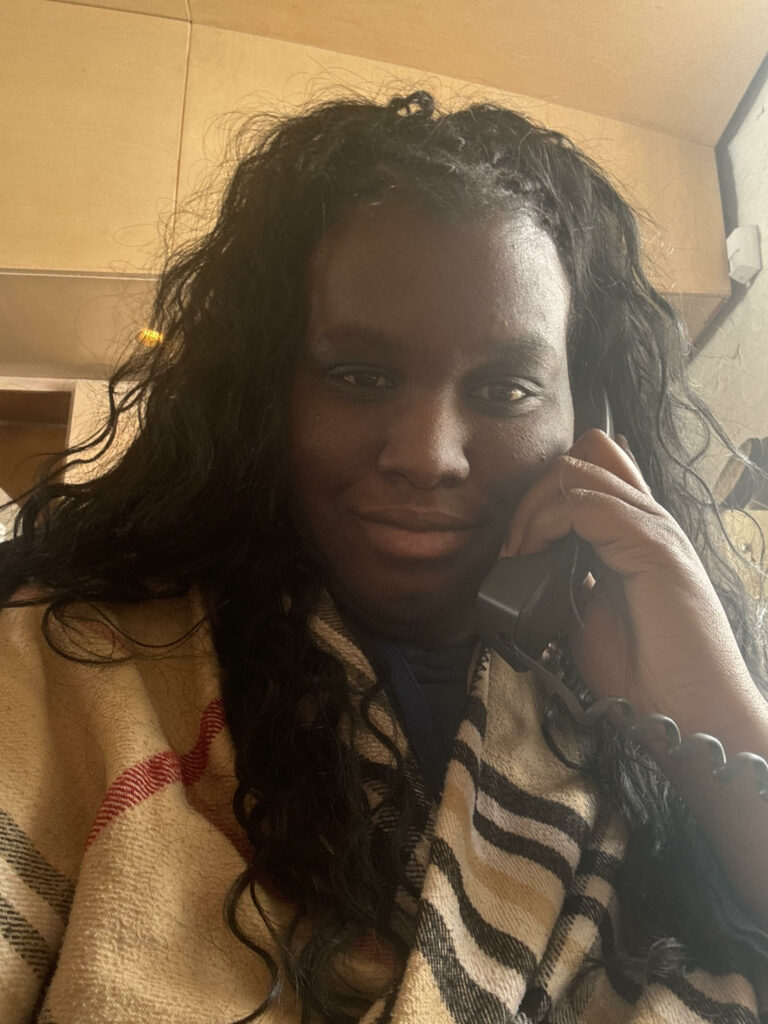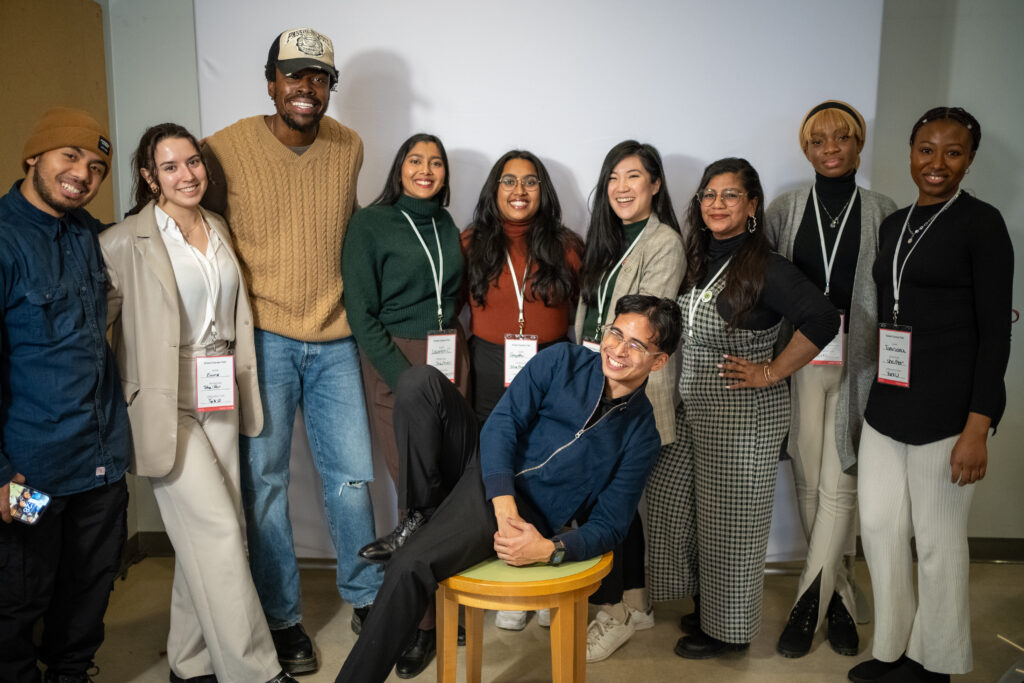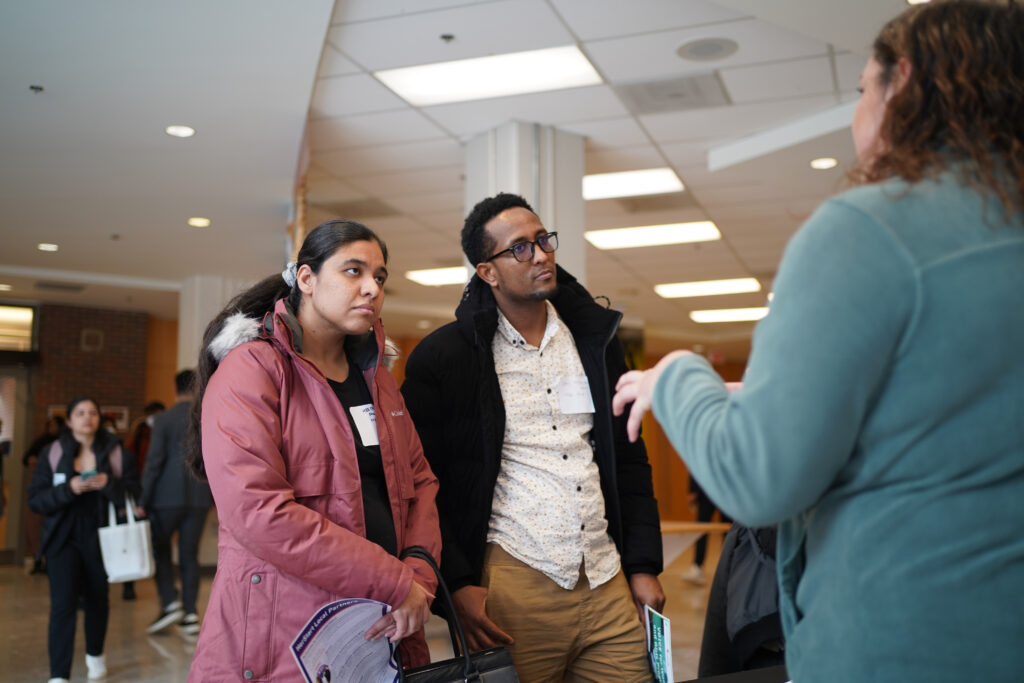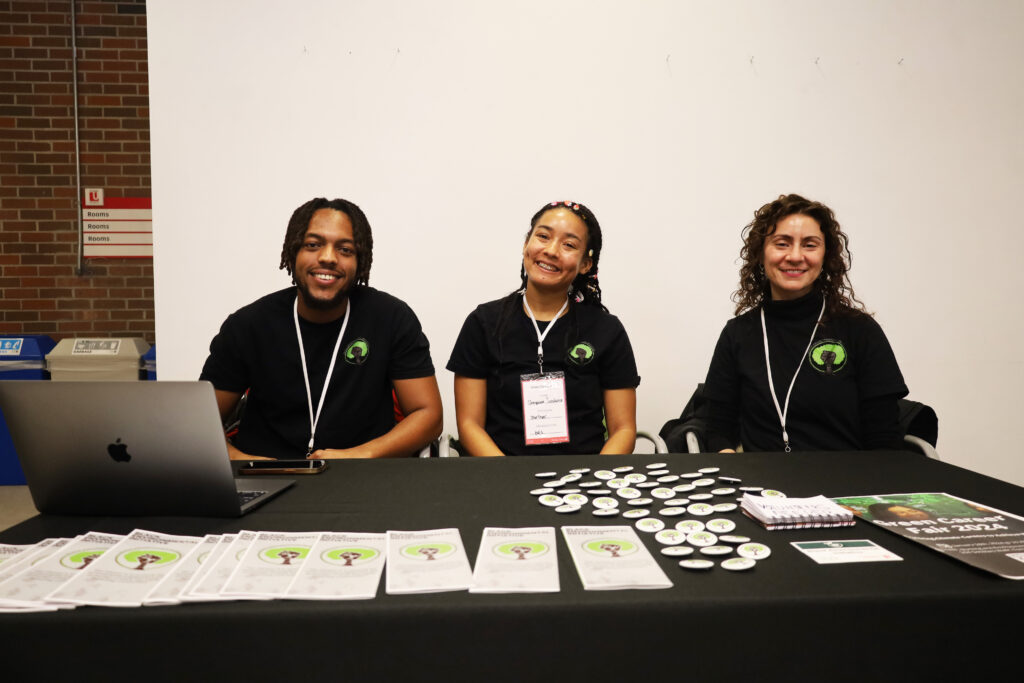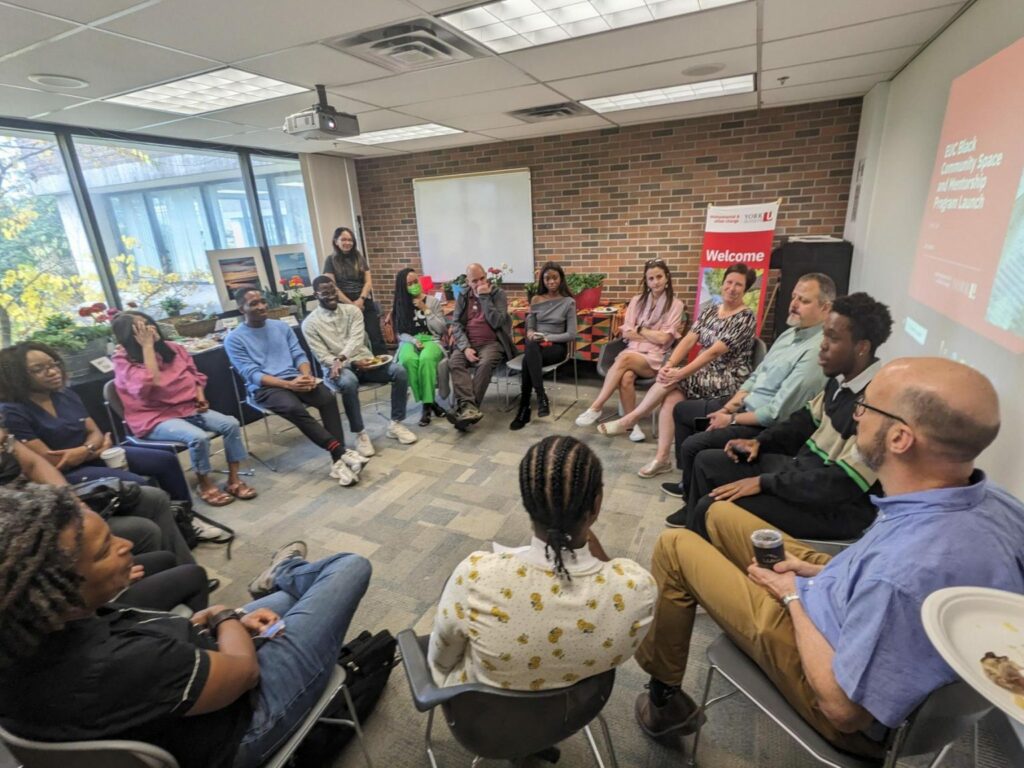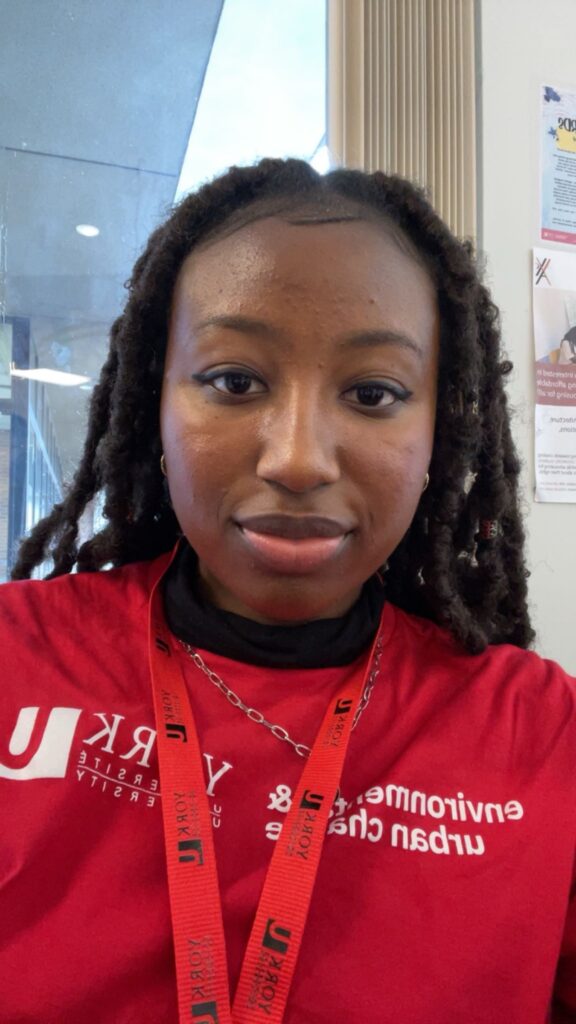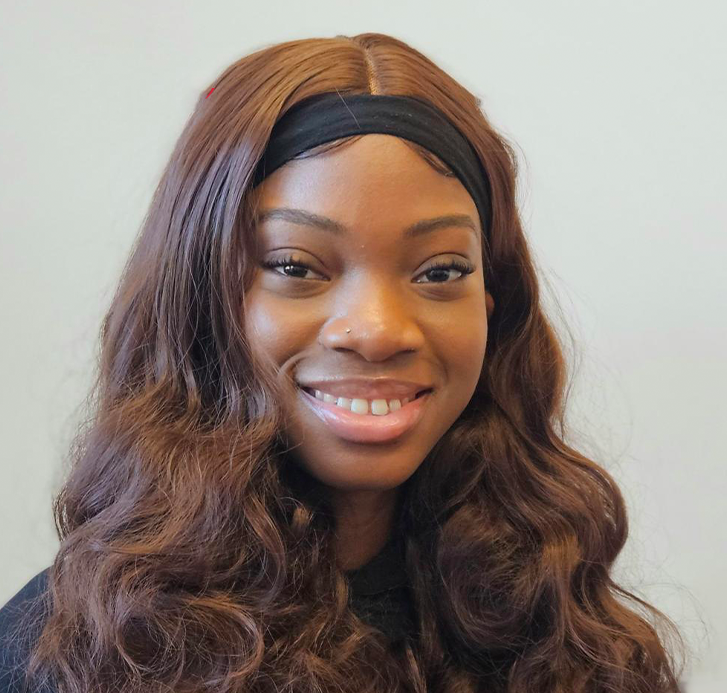Welcome to the May 2024 edition of Innovatus, a special issue of YFile devoted to teaching and learning at York University. This month, we showcase ways the School of the Arts, Media, Performance & Design (AMPD) is providing students with unique and impactful educational opportunities.
Innovatus is produced by the Office of the Vice-Provost, Teaching & Learning in partnership with the Communications & Public Affairs Division.
In this issue, AMPD invites York community members to read stories about how it is empowering students with learning experiences that advance their knowledge and skills.
Greetings from the School of the Arts, Media, Performance & Design at York,
As we collectively navigate the turbulence of the past year, it is vital to remind ourselves of the excellence in innovative teaching and learning that inspires and empowers our students, faculty, and staff in our communities across Canada and beyond.
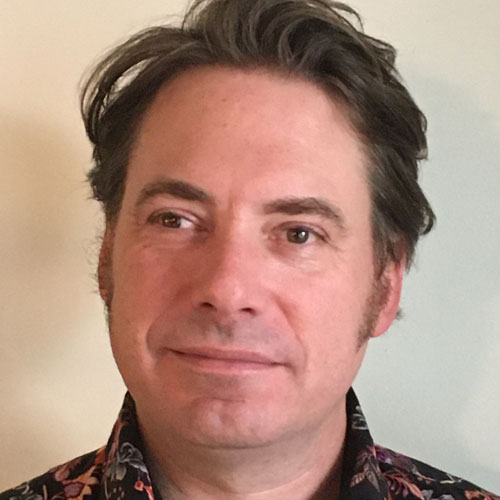
Instructors across AMPD have been at the forefront in new program development as well as research-creation initiatives that deeply integrate research and pedagogy. Two events in October 2023, led by the Social Sciences & Humanities Research Council-funded Partnership Grant Hemispheric Encounters Network, highlight these entanglements through the ever-growing need for cross-border communication – Transnational Gatherings: Activist Interventions with Archives and Performing Archives: The Practice of Gathering Residency. These events brought together artists and scholars from across the Americas to work with faculty and students through the Arts Activism Speaker Series and share methodologies, practices and strategies.
In April, AMPD’s new pan-Faculty Integrative Arts program held its inaugural showcase, “Into the Kaleidoscope,” at the 918 Bathurst Centre for Culture, Arts, Media & Education, featuring works by students from Integrative Arts and from across AMPD programs. In March this year, we also celebrated the news that the Academy of Canadian Cinema & Television announced over 40 AMPD alums were nominated in diverse categories, including Best Motion Picture and Best Cinematography.
The four stories in this issue of Innovatus emphasize the diversity of experiences we are excited to offer AMPD students in interesting ways. In these stories, you can learn about how our students are exploring research methodologies and strategies for building community-driven, site-oriented, collaborative approaches to art production; working with the community to create site-specific pieces in places where women’s history is often overlooked; developing a project with the creative coding library, p5.js, in tandem with Risograph printing, to challenge assumptions that are baked into the design process; and using visual design to amplify the results of a research project focusing on young women in Toronto, Melbourne and New York City.
Meanwhile, AMPD researchers continue to bring success – with Tri-Council grants, the Collected Minds initiative, arts council grants and other major awards – to the classroom. Cinema and media arts Professor Janine Marchessault has been named one of the five recipients of the esteemed 2024 Killam Prize for her work in community-based and site-specific public art exhibitions, research creation and public outreach. Music Professor Noam Lemish has been nominated for a 2024 Juno Award in the Jazz category. York University’s Motion Media Studio at Cinespace Studios, under the directorship of Professor Ingrid Veninger, continues to thrive as a site of student-led exploration and innovation focusing on film production, performance, immersive environments and virtual production.
We continue to expand opportunities for experiential education and work-integrated learning with initiatives sponsored by CEWIL, including Shooting the Set, an intensive, five-week course offering 30 students valuable experience working with green screen technologies. Our new program in Creative Technologies is set to open with the launch of the Markham Centre Campus in Fall 2024.
In a world of constant change and amid deep international conflicts, artists, musicians, performers, and designers inspire us to bridge cultural divisions and find new paths to cross-cultural communication. We recognize that creativity continues to empower our stories, translate our histories and bind our communities and cultures.
Come visit us in AMPD, either in person or through our new virtual tour.
Best wishes,
Mike Darroch
Interim Dean, AMPD
Faculty, course directors and staff are invited to share their experiences in teaching, learning, internationalization and the student experience through the Innovatus story form.
In this issue:
Costa Rica provides canvas for Eco-Arts Residency
York University’s Las Nubes Campus is welcoming its first Eco-Arts Residency, where students will immerse themselves in the local community and culture.
Professor creates performances that reclaim women’s history
Professor Erika Batdorf looks to create experiences where students can bring stories of contemporary women to ancient sites across the globe.
AMPD design students learn to overcome fear of coding, algorithm biases
Professor Gabi Schaffzin has pursued a mission to ensure design students not only learn basic computer coding but consider biases baked into code and design.
Professional opportunity engages AMPD students
A group of researchers hired design students taught by Professor Angela Norwood to create data visualization for an important project: Congress 2023.





